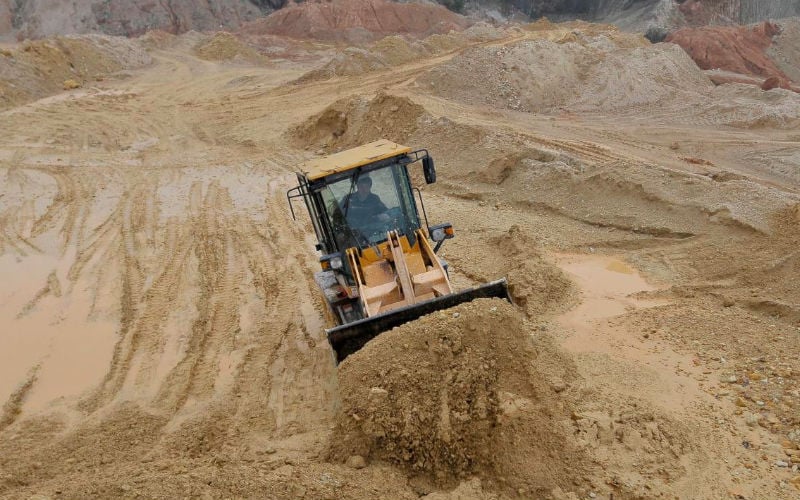In early April 2025, China imposed stringent export controls on seven heavy rare earth elements—samarium, gadolinium, terbium, dysprosium, lutetium, scandium, and yttrium—as well as on rare earth magnets. These materials are vital for various industries, including electric vehicles, aerospace, defense, and consumer electronics. The restrictions require exporters to obtain licenses from China’s Ministry of Commerce, a process that can take several weeks to months, effectively halting exports in the interim.
This move is widely seen as a retaliatory response to the U.S. administration’s recent imposition of up to 145% tariffs on Chinese imports. By leveraging its dominance in the rare earth market—China accounts for approximately 90% of global production—Beijing aims to exert pressure on industries heavily reliant on these critical materials.
Impact on Global Industries
The export controls have immediate and far-reaching implications for global supply chains:
- Automotive Sector: Electric vehicle manufacturers, such as Tesla, have reported disruptions. Tesla CEO Elon Musk noted that the production of the company’s Optimus humanoid robots has been affected due to the scarcity of rare earth magnets, which are now subject to export restrictions.
- Defense Industry: The U.S. Department of Defense relies on rare earth elements for various applications, including missile guidance systems and advanced radar technologies. The sudden halt in exports raises concerns about national security and the readiness of defense systems.
- Consumer Electronics: Manufacturers of smartphones, laptops, and other electronic devices face potential shortages of essential components, leading to production delays and increased costs.
Industry experts warn that existing stockpiles may only last a few months, and the lack of immediate alternatives exacerbates the situation.
Global Response and Search for Alternatives
The international community is actively seeking ways to mitigate the impact of China’s export controls:
- United States: The U.S. government is exploring options to accelerate domestic production of rare earth elements. Companies like MP Materials have received federal support to develop processing facilities aimed at reducing dependency on Chinese imports.
- Australia: Australian firms, such as Lynas Rare Earths, are ramping up efforts to process rare earth elements domestically. The Australian government has provided substantial funding to support these initiatives, aiming to establish a more resilient supply chain.
- International Collaborations: Countries are forming strategic partnerships to develop alternative sources of rare earth elements. For instance, joint ventures are being established to mine rare earths in Africa and process them in facilities outside of China.
While these efforts are underway, experts caution that developing a fully independent supply chain for rare earth elements is a complex and time-consuming process. In the short term, industries may continue to face challenges due to the current supply constraints .
Conclusion
China’s decision to halt exports of critical rare earth elements underscores the strategic leverage it holds in global supply chains. As industries worldwide grapple with the immediate effects of these restrictions, the situation highlights the need for diversified and resilient sources of essential materials. The unfolding scenario serves as a wake-up call for nations to invest in alternative supply chains and reduce overreliance on a single source for critical components.











